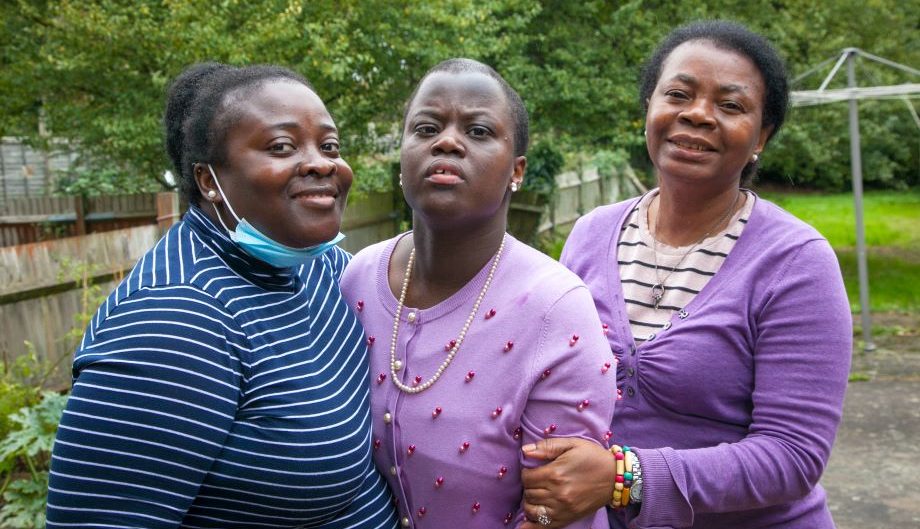
Working in partnership
This page addresses how to work in partnership, asking the questions: What are the barriers to good partnership working? How can we overcome barriers to working in partnership?

This page provides useful information if you are unhappy with the care of your relative, including how to raise a concern and what to do if you are not happy with the outcome of the complaint.
Family carers often find themselves taking on the role of an advocate for their family member, to ensure they have a voice when making decisions. However, knowing how and when to raise a complaint can be complicated. What effect might raising a formal complaint have on the relationships you need to develop between yourself and professionals, or on the care your family member receives? If you raise the concern informally, are you speaking to the right person who can help make the changes needed? What is the best way to introduce the subject?
Building a relationship with key members of staff allows for a two-way communication that can avoid misinterpretations and misunderstandings. Depending on the type of concern, the first option may be to speak to a member of staff or manager to resolve the issue. You may be able to use a logbook, communication book, a home school diary, or an online message system. Consider whether anyone external to the service can help you raise the issues, such as a social worker, advocate or Information Advice and Support Services. Council for Disabled Children have a helpful guide to identifying your local Information Advice and Support Service: find your local IAS service.
If the complaint is about a service or care provider ask social services or the health commissioner (who are responsible for arranging your family members’ care) to help you pursue the complaint.
If there has been no change following the informal conversations, you may wish to raise your concerns officially either in writing or request to have a meeting with the person responsible for your family member’s care. Here are some examples where you might wish to make an official complaint:
You should receive a written response to your complaint, including how it has been investigated, if it has been upheld and what, if any, action will be taken as a result. This letter should explain the next steps to take if you are not happy with the outcome. If you are unhappy with the outcome of the complaint you should follow the guidance provided to you.
If you have reached the end of the organisation’s complaints process you can approach the ombudsman to investigate the concern. An ombudsman is an independent person appointed to look into complaints about companies and organisations free of charge and impartially. Below are details of ombudsman for each region:
You must contact the Public Services or Parliamentary and Health Services Ombudsman within 12 months of the concern you are complaining about and within 1 month if you are contacting the Local Government Ombudsman.

This page addresses how to work in partnership, asking the questions: What are the barriers to good partnership working? How can we overcome barriers to working in partnership?

This information page answers four questions about what to do if you are worried about the safety of someone with a learning disability, and who you should tell. It also describes what happens when child and adult protection referrals are made.

Information page about how to get legal advice and/or a solicitor on behalf of a relative with a learning disability, and checking how you can fund legal advice.